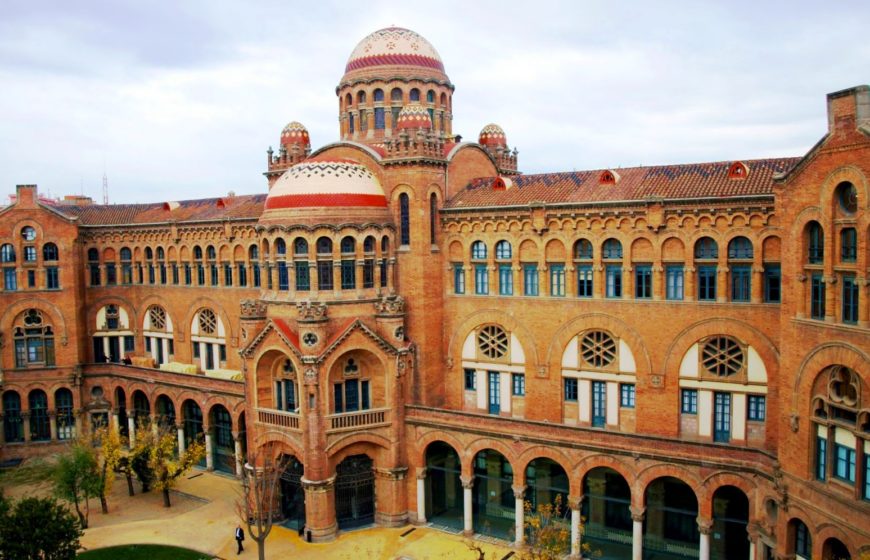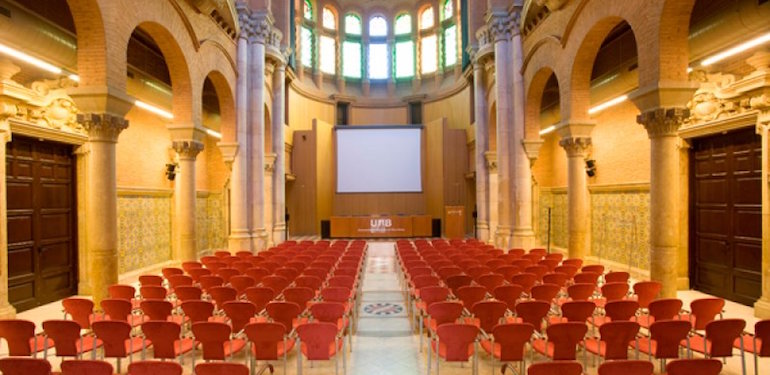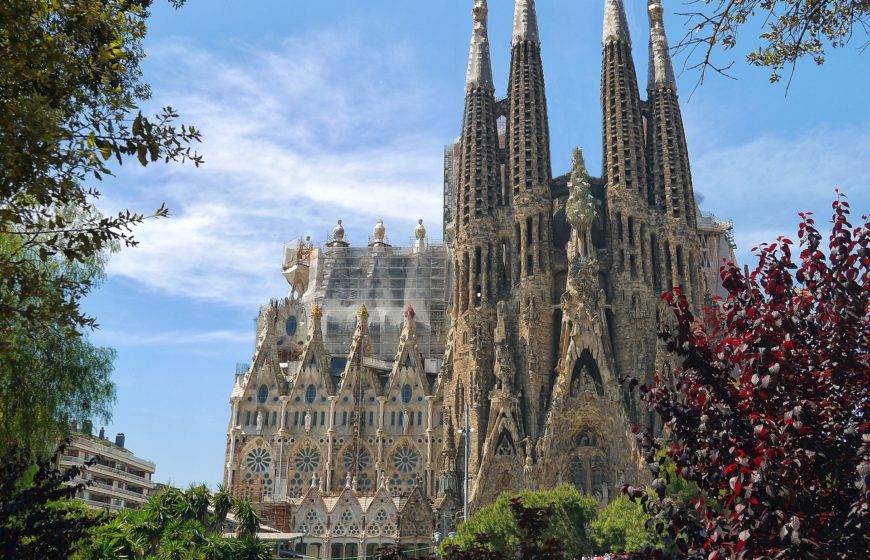Announcements
Dear Colleagues,
We are deeply concerned for the virus development in connection to the conference activities and that the World Health Organization has declared it a global pandemic.
We are quite sensitive to that constraint but equally determined to fight against the difficulties that emerged.
We are in front of the new challenges, a new historical frame, new conditions of life.
Dear colleagues,
In these conditions, and following many requests and after consulting the committee, we have turned the conference to Virtual Conference in order from the one hand to follow the international instructions about the pandemic and the other hand to turn the 12th QQML into a successful virtual international event (www.qqml.org ).
So far the basis of the QQML Conference series will remain unchanged including the Proceedings and Publications in Books and Journals.
The web interactions, after the appropriate adaptations, will join better the groups of colleagues forming streams and workshops. A new challenge to open the international travel barriers set to stop the coronavirus spread.
While the Conference dates remain unchanged, the deadline of the early registration deadline extended to 25 April including the corresponding reduced fees for the virtual participation (to be announced in the website soon).
The technical details will be announced later on.
The last issue of the e-QQML journal is on http://www.qqml-journal.net/index.php/qqml
On behalf of the Conference Committee,
Kind regards,
Anthi Katsirikou (Ms)
Librarian, PhD, MSc
QQML Conference co-chair
Click here to view the Book of Abstracts
The Casa de Convalescència, one of the last great works of Catalan Modernism, forms part of the complex of the Hospital de la Santa Creu i Sant Pau. The complex was designed in the late 19th century to alleviate the shortage of hospital space in Barcelona. The hospital of Santa Creu, dating from 1401 and situated in the old city centre (Casc Antic) had become obsolete due the city’s growth and breakthroughs in medicine.
The construction of the Casa was supervised by Pere Domènech i Roura. Initially he worked with his father, Lluís Domènech i Montaner, and then took over as supervisor after the latter’s death in 1923. The building, which was used for convalescent patients, with a maximum capacity for 100 residents, featured stunning glazed solariums and a chapel, which split the building into two wings, one for men and one for women. The Casa was independent of the Hospital, having its own kitchen and pharmacy, as well as its own financial management. The project was funded with the proceeds from the sale of the former Casa de Convalescència in carrer del Carme, which brought in 1,750,000 pesetas.
In 1930, on the occasion of the visit by King Alphonse XIII to open the Hospital de la Santa Creu i Sant Pau, the Casa de Convalescència was opened. The Universitat Autònoma de Barcelona was granted use of the building in 1969 to develop different academic activities and to consolidate the university’s presence in the city. The renovation and refurbishing of the Casa, undertaken in 1998, and managed by the Tusquets-Díaz & Associats firm of architects, constituted an ambitious project to restore it to its original form, and was completed in October 1999, when it was officially reopened.
The whole hospital complex, including the Casa, was declared Historical Artistic Monument in 1978 and World Cultural Heritage Site by UNESCO in 1997. UAB-Casa Convalescència is currently the headquarters of the Foundation of the Universitat Autònoma de Barcelona (FUAB).
Conference Location
Τhe final program of the Conference includes the links to the Conference Sessions.
QQML_2020_PROGRAM
Εvery Session and Room is a separate event with its link.
Τhe word “Room” is the hypertext link.
Ιn the end of the program please find more information on the links.
If you have any problem please send email to anthi@asmda.com please send a personal email (gmail, yahoo, Hotmail etc)in order to contact you via both ways.
Ιt is important for our better and quicker communication



